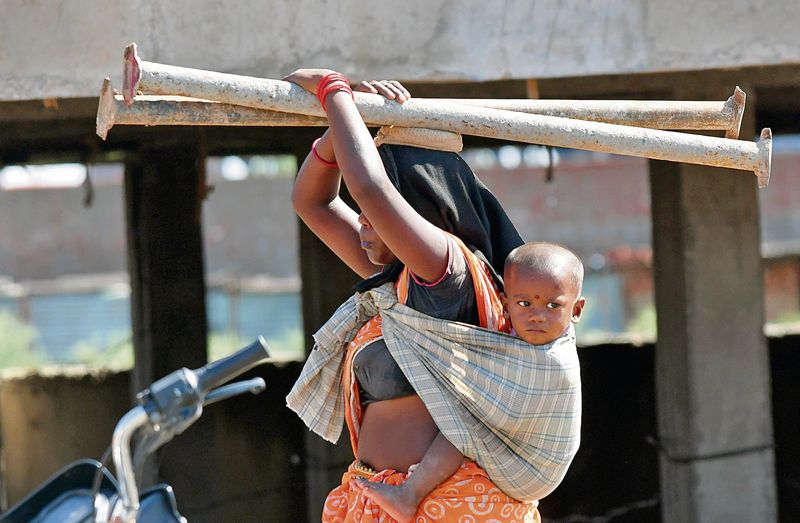Women, actually, are more important than men. And, women’s values are clearly superior to those of men. For example, data has shown that women repay their debts faster than men. It is just one example. Time is long overdue for all of us to show respect to women, to ensure that they are safe and secure, to understand and appreciate their uniqueness and to always recognise that they can be the best of friends.
First, to recognise that a woman can be a friend without a physical relationship. That women can be very good friends, wise, practical and loyal. More so than male friends. Friendship is a key connect.
Second, that women must be respected. They deserve respect, they command respect. This is a change which needs to become universal in men.
Third, that women can be trusted. Friendship and respect are based on trust and this is a very special way to connect with women. Trust them. They, more than men, deserve to be trusted.
Fourth, that women need to be given space to grow and evolve without being restricted, constrained and subjected to a level of discipline not applicable to boys and men, who, actually, need a great deal more of discipline.
Fifth, women are to be supported. They are the weaker sex, physically. They are more vulnerable than men, by far. Men need to support women.
Sixth, women are ready to meet challenges. There are numerous examples of women facing challenges with success. Men need to recognise this and stand by them in their times of challenge, personal and professional.
Seventh, women have courage, just as men do. Courage is not the exclusive preserve of men. Physical strength has nothing to do with courage. Attitude of mind and heart determine courage. Both have it. Perhaps, women more than men.
Eighth, women are different. This is a very important issue to recognise and accept. Men are different from women and men must accept and understand that women are different from men. Different is not worse.
Ninth, equality is important, essential and critical. It starts with equal pay and emoluments. There should not be any differentiation in remuneration. It is vital for equality to be serious and sincere.
Married women face another set of challenges on the home front and, if they are working, these challenges multiply.
Separated women, after marriage, would have to deal with their own unique difficulties.
Divorced women, again, have to deal with issues where, often, they are looked down upon or seen as ‘fair game’. It is totally uncalled for.
The single parent woman with a child or children to look after has another set of problems to cope with.
Then, there are different circumstances for married women living in a joint family or living separately with the husband. Each situation poses a set of challenges that may not all be necessarily the same.
The young working mother, with a baby, has to face multiple difficulties peculiar to her situation.
How many men think of women and all these issues? How many men start from the basic position of respect for a woman? How many men instinctively want to support a woman? How many men want, most of all, that a woman should be safe and secure?
Men operate on double standards. One standard for the mother and sister, and a different one for the others, often including the wife in the latter category. How many young men say to their parents that their sister and they should be subjected to the same rules?
India has a long way to go insofar as women are concerned. Indians have a long way to go. Male Indians have the longest way to go.
Women, actually, are more important than men. And, women’s values are clearly superior to those of men. For example, data has shown that women repay their debts faster than men. It is just one example.
Time is long overdue for all of us to show respect to women, to ensure that they are safe and secure, to understand and appreciate their uniqueness and to always recognise that they can be the best of friends.























